Actually, orcas aren’t quite as complex as scientists imagine. Most killer whales are just four tons of doofus dressed up like a police car.
Christopher Moore
If you are planning on sailing along the Atlantic coast of Spain or Portugal, you might want to keep an eye out for some unexpected visitors: orcas, also known as killer whales. While these majestic creatures are a sight to behold, they can also pose a risk to sailors, especially when they decide to attack sailboats.
We will be sailing in a few days through the waters west of Gibraltar where there have been half a dozen encounters in the last month as we travel from Gibraltar to the Canary Islands. We want as much information about these attacks as we can to A) Do everything we can to avoid running into a pod of aggressive orcas. B) Know the best way to minimize any damage should we encounter a pod of orcas.
Not all pods are aggressive. A few sailboats have reported that orcas approached their boats exhibiting curiosity. After spending a few minutes swimming around the boat, they departed peacefully. In recent years, there have been several reports of orca attacks on sailboats, causing damage to vessels and putting sailors in danger. But why are these attacks happening, and what can sailors do to stay safe?
Let’s take a closer look at orca attacks on sailboats and explore some of the theories behind them. I’ve also uncovered some tips and guidelines to help sailors avoid or deter these encounters and stay safe in the areas where encounters are common.
But first, we want to ask: have you ever had an encounter with an orca while sailing? Share your story in the comments below and let’s start the conversation.
The Theory Behind The Motives

A British sailor, Victoria Morris, was sailing off the coast of Portugal when a pod of orcas began ramming into her sailboat. Morris described the incident as “terrifying” and said that the orcas were deliberately targeting her boat. While the orcas did minimal damage to that boat, not everyone has been that lucky. The force of the powerful orcas biting the rudder can cause the ship’s wheel to spin violently. You don’t want to be near the wheel if this is happening, as you could be seriously injured.
Off the coast of Portugal last November, a sailboat with 4 fishermen was sunk. The whales attacked the French boat for 45 minutes, focusing on the rudder. The damage to the boat was so severe it started to flood with water, much to the understandable panic of the fisherman on board. The video footage shows water coming up to their waists as the boat rapidly filled up. Thankfully, they were safely rescued.

Guirec called for help as a pod of orcas began attacking his rudder. The marine Guardia responded and said they were on their way. We felt helpless to provide any aid as we would be putting ourselves in danger. His calls got more frantic. “Please help,” he called out. “They are getting worse, more are coming!” Several times he called over the radio that the attacks were getting worse. We could hear the terror in his voice.
We were safely in the marina when Guirec’s boat was towed in and secured to the dock. I went to talk to him to find out more about the encounter. His English was not good, and my French was even worse, so we had a hard time communicating. I did find out that the damage to his boat was too expensive for him to repair so he had to sell his sailboat.
On three separate occasions, as we were traveling down the Atlantic Coast of Spain, we were in the exact spot where orcas disabled sailboats, one day prior to each attack. We considered ourselves very fortunate.
These incidents highlight the risks of sailing in areas where orcas are present. While orcas are not known to attack humans, they are highly intelligent and curious creatures that may approach boats out of curiosity or for hunting purposes. Sailboats, in particular, can attract orcas because of their unique shape and the sounds they make while moving through the water.
There is no conclusive evidence as to why orcas specifically target sailboats. However, some experts speculate that it may be due to a combination of factors, including the unique shape and sounds of sailboats, as well as the orcas’ natural curiosity and hunting instincts. Why some pods are aggressive and others merely curious is still a mystery.

This has raised the idea that if orcas do appear and are becoming aggressive, you can put your boat in reverse. There have been sailboats who have used this tactic and report that the orcas seem to be confused when the rudder (aka fluke) is now in the front. In some cases, they eventually lose interest and swim away.
Another theory is that the sound of a sailboat’s mast and rigging moving through the water may be mistaken by orcas as the sound of splashing prey. It is suggested that you drop your sails or turn off your engine and stay still. This tactic has not worked in every incident to inhibit attacks.
Staying Safe in Orca Prone Waters
So, what can sailors do to stay safe from orca attacks? Here are a few tips:
1. Avoid sailing in areas where orcas are known to be present.
If you are planning a sailing trip, be sure to research the area beforehand to determine whether orcas are present in the region. If there have been recent reports of orca attacks, it may be best to avoid the area altogether.
2. Be vigilant and keep a lookout for orcas.
If you do encounter orcas while sailing, keep a safe distance from them and avoid approaching them. If they begin to approach your boat, turn off your engine or take down your sails.
3. Consider using a whale deterrent device.
There are a variety of whale deterrent devices on the market that can help to discourage orcas from approaching your boat. These devices emit a loud, high-pitched sound that is unpleasant for whales and may encourage them to stay away. These devices can be expensive and have been conflicting reports about their success.
4. Stay calm and do not panic.
If you do find yourself in a situation where orcas are approaching your boat, it is important to remain calm and not panic. Avoid making sudden movements or loud noises that may startle the whales and escalate the situation.
5. Stay close to shore.
Orcas tend to remain a mile or two off the coast. If you sail very close to shore, you have a strong chance of not having any encounters. There is another danger, however, remaining close to shore. The Atlantic Coast is riddled with fishing nets and fish farms. Sailing along the coast will not be easy and you will have to be extra vigilant to avoid all the nets, traps, and buoys.
Our Plan
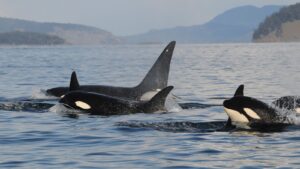
We have a five-day passage ahead of us. We have been waiting for two weeks to get a weather window to make this crossing. More storms are due in the Atlantic so we need to make haste once we set sail. We can only hope the orcas and weather will cooperate so we have a safe and comfortable voyage.
Will take every precaution and keep in mind the safety consideration and plan of action should we have an encounter. I would like to give the orcas the benefit of the doubt as they are amazing creatures, and generally kind to people. I hope data continues to be collected so we can figure out a solution to this anomaly and all live together in peace in this vast ocean.
Stay tuned. We will let you know how it goes when we are safely in the Canaries! Till then, may all your days be smooth sailing. Click on the link below to check out the video we made when we were traveling down the coast of Spain and were in a marina where 5 boats had orca encounters.
If you’ve ever wondered what it’s like to sell your home on land and set sail unfettered to explore the world, “Sailing the Waves of Reality: Tales of Turmoil and Triumph” is a must-read. Join us as we navigate intriguing islands, captivating destinations, and the surreal beauty of our diverse planet. This book is a collection of our triumphs and trials, guaranteed to evoke both laughter and tears, all while immersing you in our remarkable journey. Most importantly, it unveils the Facts and Realities of life as blue water cruisers.
The first five years of our sailing adventure will be released on Amazon on November 1st. You can now pre-order it in both Kindle and print versions. This book is a riveting account of our triumphs and trials, sure to leave you on the edge of your seat as you experience the voyage along with us.”
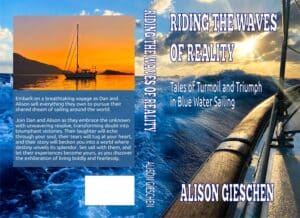
Fair Winds,
Alison and Dan
S/V/ Equus

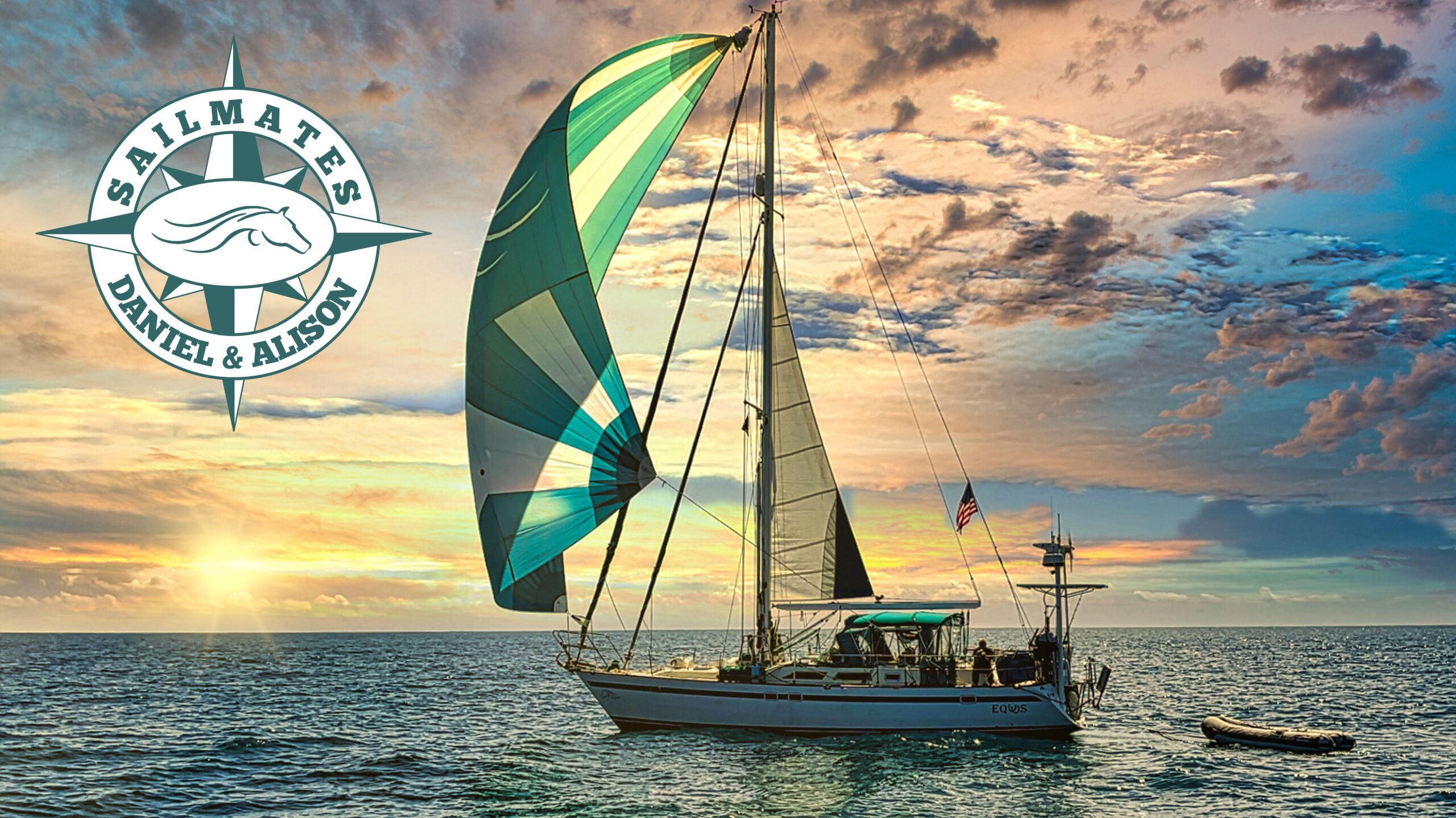
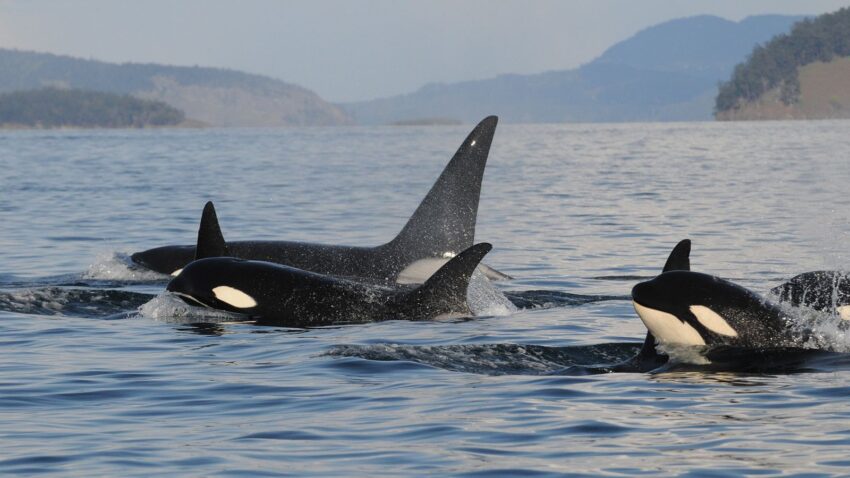
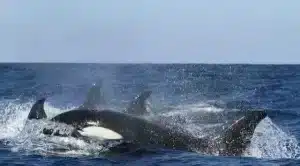
YIKES!! Great Read though – I am Praying for you both!!
Do you have the Whale-deterrent? aboard?